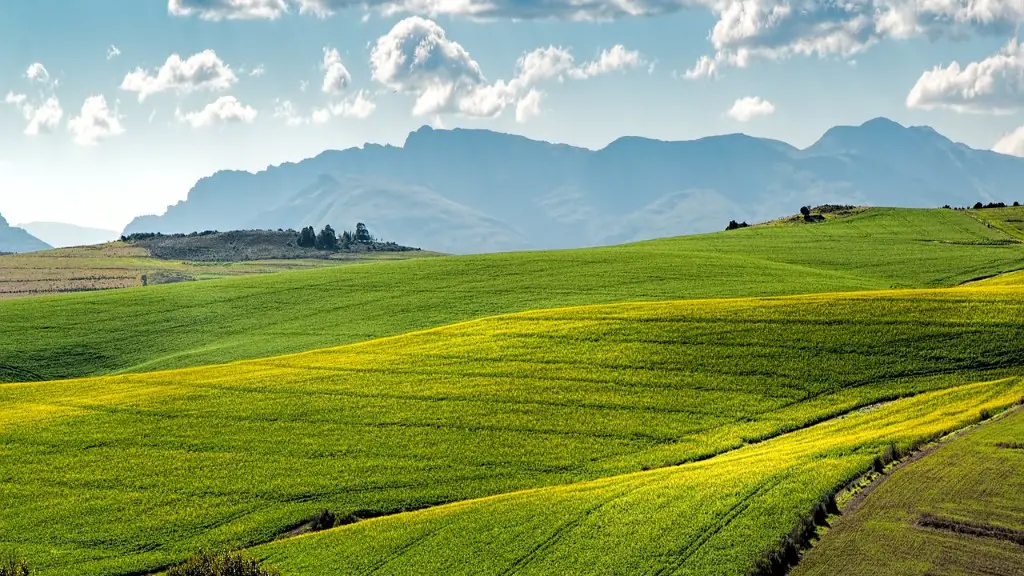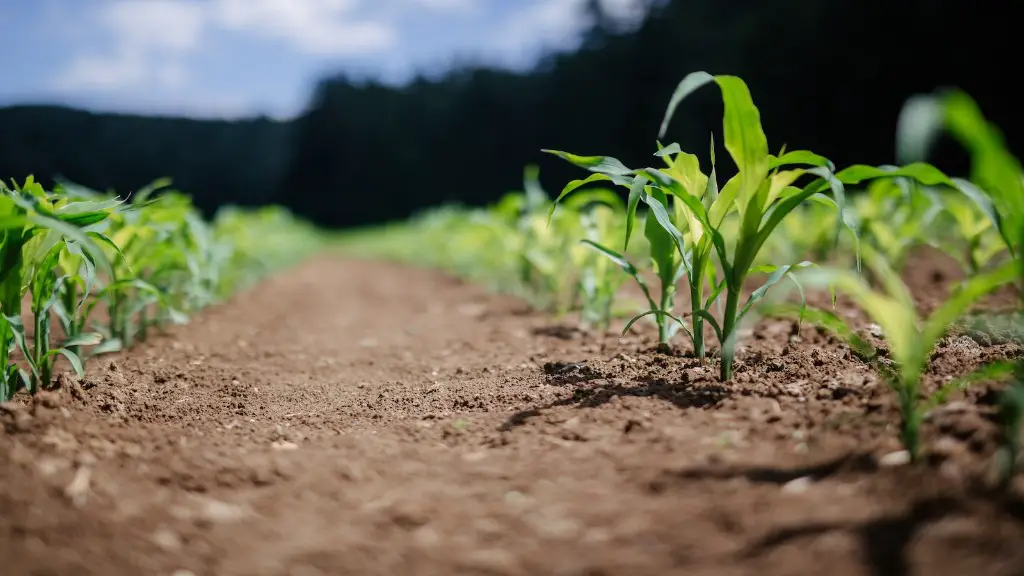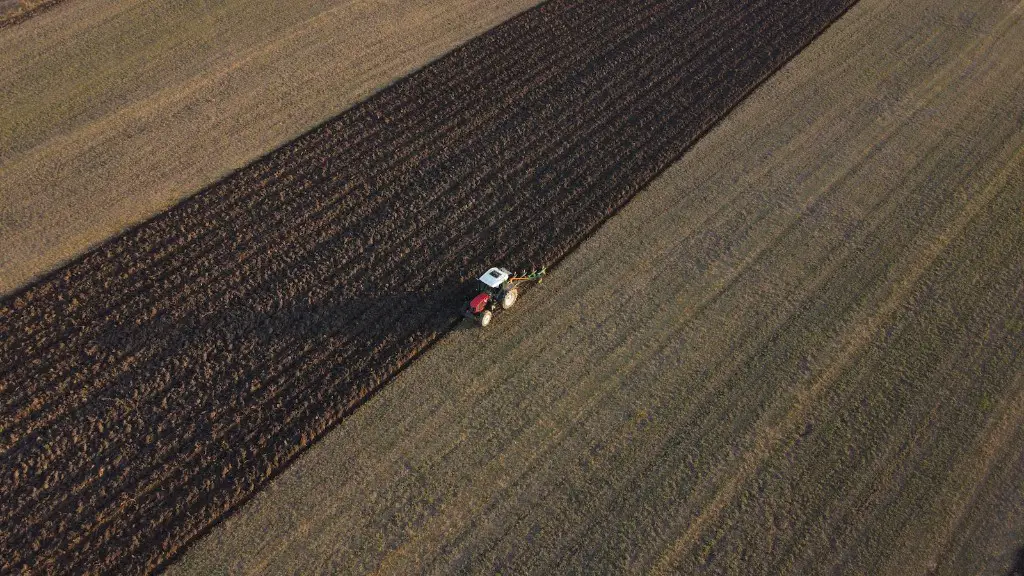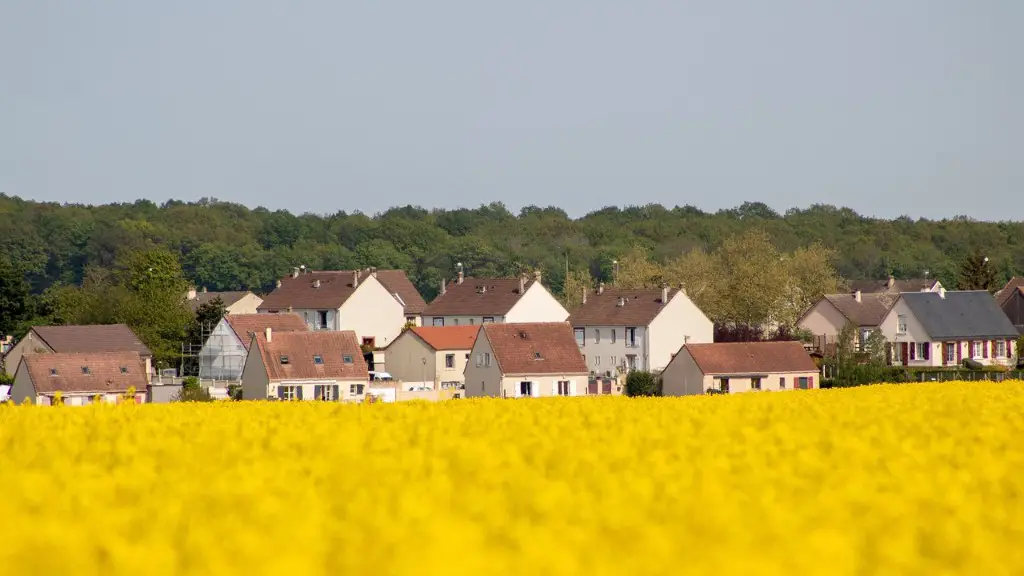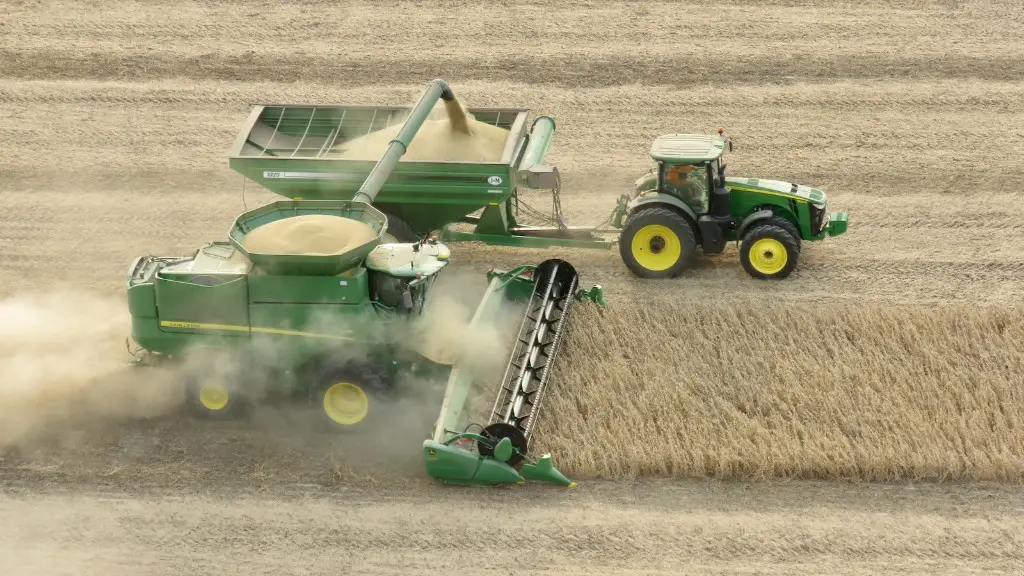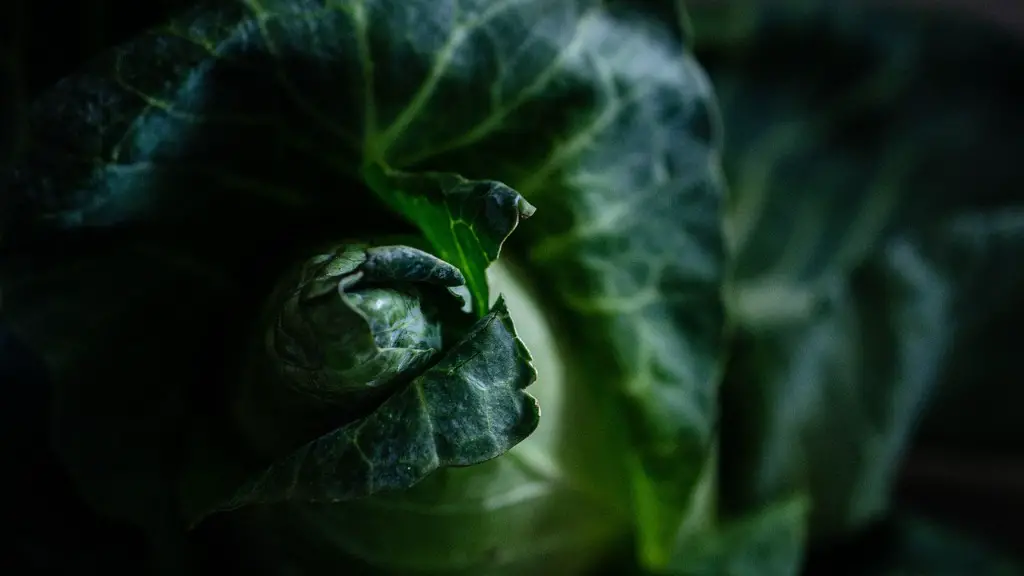The goddess of agriculture and fertility is a goddess who is responsible for the growth and fertility of the land. She is often depicted as a woman with a cornucopia, a symbol of abundance, or a woman with a sickle, a symbol of harvest. The goddess of agriculture and fertility is a popular figure in many religions and cultures and is often worshipped as a fertility deity.
The goddess of agriculture and fertility is Demeter.
Who are the goddesses of agriculture?
Demeter is a goddess of agriculture, fertile soils/land, fruit, grasses, and grains. She belongs to the tradition of earth-mother and comes from the Mediterranean part of the world. She is commonly known as a fertility goddess.
Aphrodite is one of the most famous Greek goddesses, known for her beauty and sexual love. She is typically associated with love, fertility, and marriage.
What is Demeter the goddess of agriculture
Demeter is the ancient Greek goddess of the harvest. She was a very important goddess to the ancient Greek people, who relied heavily on farming for their food supply. Demeter had a kind and beautiful daughter, Persephone, who she loved very much. Persephone, like her mother, loved nature.
Athena was the Greek goddess of wisdom, war, and crafts. She was the daughter of Zeus and was considered to be one of the most important Olympian gods. Athena was known for her wisdom and was often depicted as a young woman with a olive branch or a spear. Demeter was the Greek goddess of agriculture and was the mother of Persephone. She was not considered to be an Olympian god, but was still an important figure in Greek mythology.
Who is the Roman goddess of agriculture?
Ceres was an important goddess in ancient Roman religion. She was associated with agriculture, grain crops, fertility and motherly relationships. Ceres was the only one of Rome’s many agricultural deities to be listed among the Dii Consentes, Rome’s equivalent to the Twelve Olympians of Greek mythology.
Renenutet was an ancient Egyptian goddess of nourishment and the harvest. The importance of the harvest caused people to make many offerings to Renenutet during harvest time. Initially, her cult was centered in Terenuthis.
Who are all the fertility goddesses?
Aphrodite, Artemis, Demeter, and Hera are all associated with aspects of love, sexuality, and fertility. Aphrodite is most associated with love and sexuality, while Artemis is often associated with protecting girls and aiding childbirth. Demeter is linked to harvest and fertility, and Hera is often connected to marriage and women’s fertility. All four goddesses play an important role in Greek mythology and are revered by many.
Ceres was a very important goddess in ancient Roman religion. She was associated with agriculture, grain crops, fertility, and motherly relationships. In many ways, she was seen as a symbol of the ideal Roman woman. Ceres was a popular goddess and her cult was one of the most widely practiced in Rome.
Who is the goddess of love and fertility
Aphrodite is the Greek goddess of love, sex, and fertility. She is often depicted as a beautiful woman with long flowing hair and wings. Aphrodite is also known as the goddess of beauty and love.
The union of Demeter and Iasion resulted in the birth of Plutus, a hero of agriculture. This event was described by Homer and Hesiod, writing around 700 BC. In Hesiod’s account, Demeter and Iasion met in a ploughed field and their union resulted in the birth of Plutus.
What is Athena the goddess of?
Athena, the goddess of wisdom and military victory, was born from the head of Zeus. She is also the patron of the city of Athens. Athena and Hercules are half-siblings, theircommon parent being Zeus.
Zeus, the king of the gods, and Demeter, the goddess of fertility, mated in the form of intertwining serpents. From this union, the goddess Persephone was born. Persephone was kidnapped by Hades, the god of the underworld, and taken to be his queen. Demeter searched for her daughter for nine days, but was unable to find her. Finally, Zeus intervened and Persephone was returned to her mother, but not before she had eaten some pomegranate seeds, which meant she would have to return to the underworld for part of the year.
Is Athena the same as Diana
Diana is the Roman goddess of nature, fertility, childbirth, and the boundary between Earth and the underworld. She is known for her wisdom and courage in battle. Athena is the Greek goddess of wisdom and war. She is known for her strength and courage in battle.
The story of Medusa is a cautionary tale about the dangers of hubris and overextending oneself. Medusa was a beautiful maiden who was seduced by Poseidon in a temple of Athena. Her hubris led her to believe that she could get away with such a sacrilege, but she was ultimately punished by Athena. This story serves as a reminder that we should be humble and not take things for granted.
What is Aphrodite’s weakness?
Aphrodite’s greatest weaknesses were her vanity, jealousy, and hate of anyone considered more beautiful than herself. While these qualities may have made her a powerful goddess, they also made her quite difficult to get along with.
Mbaba Mwana Waresa is the Zulu fertility goddess who presides over rainbows, agriculture, harvests, rain, and beer. She is also the goddess of water and earth, and has the power to control the weather and the land.
Conclusion
The goddess of agriculture and fertility is Demeter.
The goddess of agriculture and fertility is a goddess who is responsible for the growth of plants and the fertility of the land. She is a goddess of nature and is often seen as a Mother figure. She is a powerful goddess and is often invoked by those who wish to have a good harvest or to increase their own fertility.
